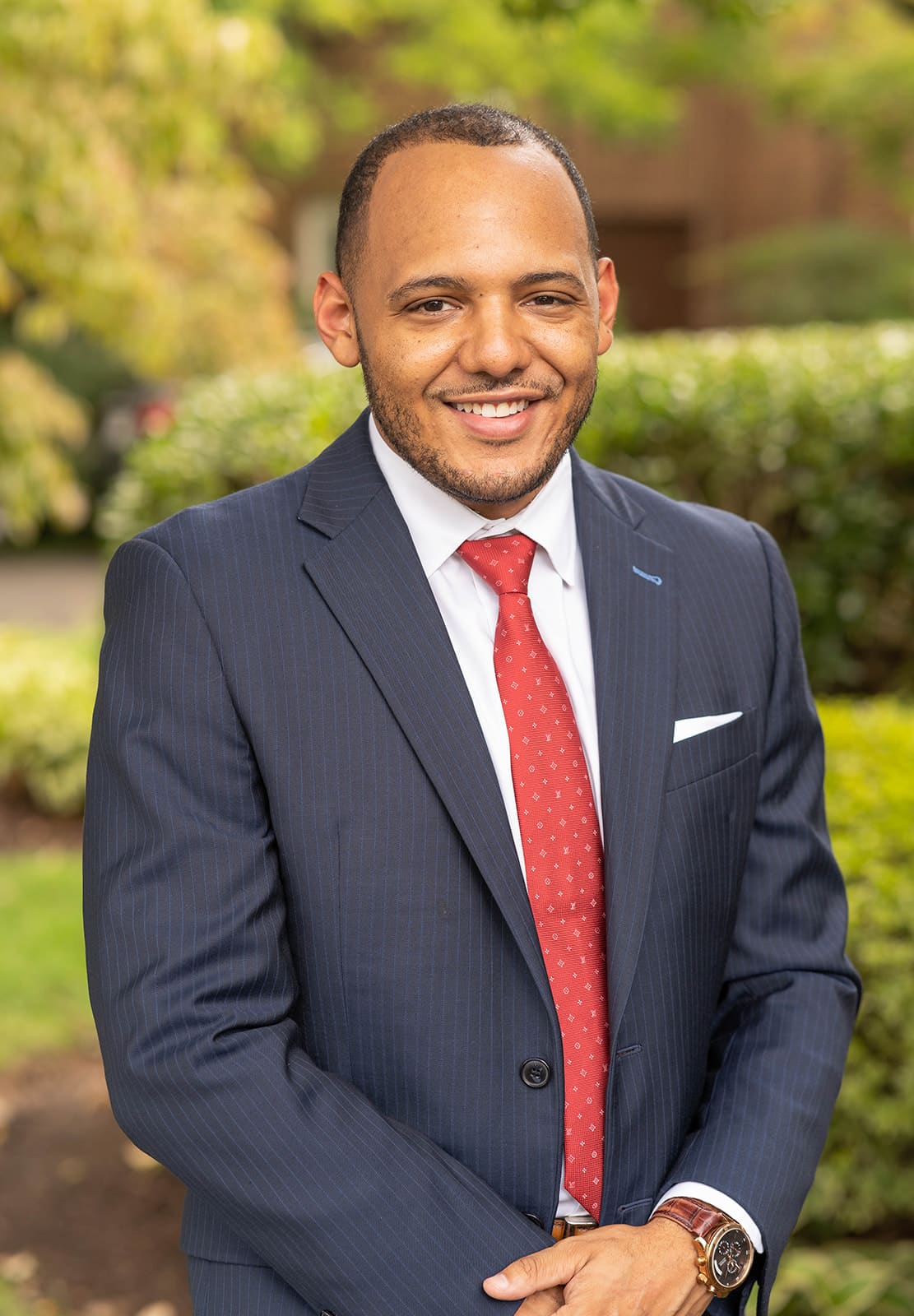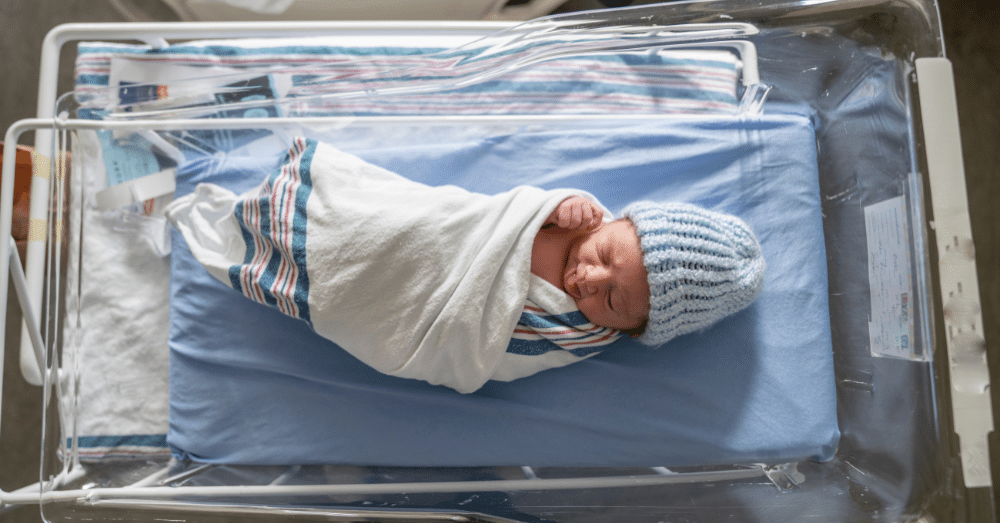The Uniform Child Custody Jurisdiction and Enforcement Act (UCCJEA) is a law that establishes guidelines for determining which state has jurisdiction over child custody disputes. While the law is designed to provide clarity in custody cases involving children, it can be particularly complex when it comes to newborn children. In this post, we’ll discuss how the UCCJEA applies to newborn children and discuss key considerations.
Understanding the UCCJEA
The UCCJEA is a law that has been adopted by every state in the United States, except for Massachusetts. Its purpose is to establish uniformity in child custody jurisdiction and enforcement across states, preventing jurisdictional competition and conflicts between state courts. The UCCJEA provides rules for determining which state has jurisdiction over child custody disputes when parents live in different states or when a child has been taken across state lines.
The UCCJEA applies to any proceeding in which legal custody, physical custody, or visitation of a child is an issue. This can include a proceeding for divorce, separation, neglect, abuse, dependency, guardianship, paternity, termination of parental rights, and protection from domestic violence, in which the issue may appear. It does not include a proceeding involving child support, juvenile delinquency, or contractual emancipation.
How Does the UCCJEA Apply to Newborn Children?
When a child is born, determining which state has jurisdiction over custody matters can be particularly complex. The UCCJEA provides guidelines for determining which state has jurisdiction over a child. In general, a child’s “home state” is the state where the child has lived with a parent for at least the six consecutive months prior to the custody dispute. When reviewing the term “lived”, the Courts have found the legislative choice of the word “lived” differs from other words with legal effect, such as “resided” or “domiciled”. However, when it comes to newborn children, the six-month rule may not apply because a newborn child has not yet lived in any state for six consecutive months.
Determining Jurisdiction for Newborns
In the absence of the six-month requirement, the UCCJEA provides a default rule that the child’s home state is the state where the child is born. This means that if a custody dispute arises shortly after a child’s birth, the state where the child is born will have jurisdiction over the custody matter.
It’s essential to note that events before birth or incident to the birth are not considered relevant in determining the home state jurisdiction. Instead, the courts will look at where the child has lived with either parent before the custody/visitation petition was filed.
Emergency Jurisdiction
It’s important to note that the UCCJEA allows for emergency jurisdiction in cases where a child’s safety is at risk. This means that a court in a state where the child is temporarily residing may have jurisdiction over custody matters if the child is in danger or has been abandoned.
What Should You Do if You Have a Newborn Child and Are Facing a Custody Dispute?
If you find yourself in a custody dispute involving a newborn child, it’s important to consult with an experienced family law attorney who can help guide you through the process. An attorney can help you understand how the UCCJEA applies to your situation and can help you protect your rights and the best interests of your child.
At WhitbeckBeglis, we have extensive experience handling custody cases involving newborn children. We can help you understand your legal options and work with you to develop a custody plan that works for you and your family.
Contact WhitbeckBeglis today to schedule a consultation and learn more about how we can assist you with your custody matter.

Vernon Vassallo
Associate Attorney

